Australia clears path for Vietnamese pomelos with biosecurity final report
The completion of the report not only represents progress in market access negotiation but also demonstrates Vietnam’s improving capacity in crop cultivation and plant protection to meet stringent international biosecurity standards. Australia's recognition of Vietnam's biosecurity compliance capabilities will open opportunities for the staple.
Australia’s Department of Agriculture, Fisheries and Forestry (DAFF) has completed its final report on biosecurity requirements for fresh pomelo from Vietnam, determining that the fruits could be imported to the country provided they comply with comprehensive pest control measures and phytosanitary protocols.
 |
|
Vietnamese pomelos could be exported to Australia provided they comply with pest control measures and phytosanitary protocols. |
According to the Vietnam Sanitary and Phytosanitary Notification Authority and Enquiry Point (SPS Vietnam), the assessment thoroughly examined the entire production chain, from cultivation and harvesting to post-harvest handling and transportation from Vietnam's growing regions.
The DAFF identified 19 pests requiring risk management measures to ensure biosecurity compliance. Notable among these are the Asian citrus psyllid (Diaphorina citri), Oriental fruit fly (Bactrocera dorsalis), scale insects, and spider mites, the species known to impact citrus products across multiple countries.
To reduce risks posed by the 19 species to the appropriate level of protection (ALOP) for Australia, the department proposed several control measures, including pest-free production area, fruit treatment using methyl bromide fumigation, and pre-export visual inspection.
For citrus canker, Australia requires a systems approach with integrated measures through the production and post-harvest handling processes.
Notably, Australia emphasised that several pests like spider mites and scale insects are regionally quarantined pests in Western Australia. Consequently, even after entering Australia, pomelos must comply with additional regulations when transported between states.
Following the report's publication, Australia will conduct final verification procedures with Vietnam to confirm implementation capabilities for the phytosanitary measures. Upon completion, official import conditions will be published on Australia's Biosecurity Import Conditions (BICON) system.
The completion of the report not only represents progress in market access negotiation but also demonstrates Vietnam’s improving capacity in crop cultivation and plant protection to meet stringent international biosecurity standards.
Australia's recognition of Vietnam's biosecurity compliance capabilities will open opportunities for the staple.
According to the Vietnamese Ministry of Agericulture and Environment, pomelo cultivation area in the country has doubled over the past five years, from 50,000 hectares in 2015 to over 100,000 hectares now, yielding one million tonne annually, mainly in the Mekong Delta, Red River Delta, and northern midland and mountainous regions.
 Bắc giang
Bắc giang

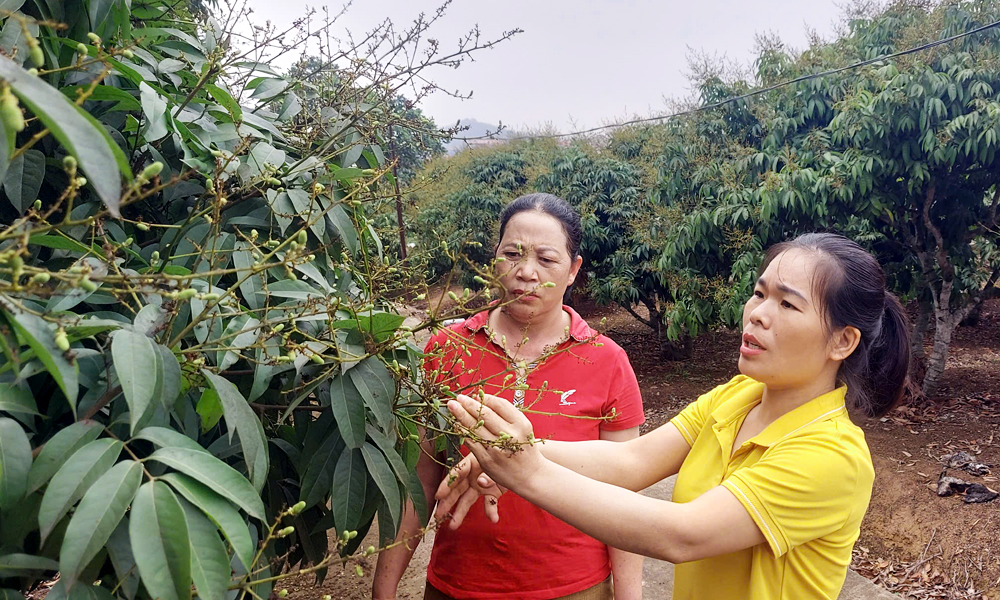
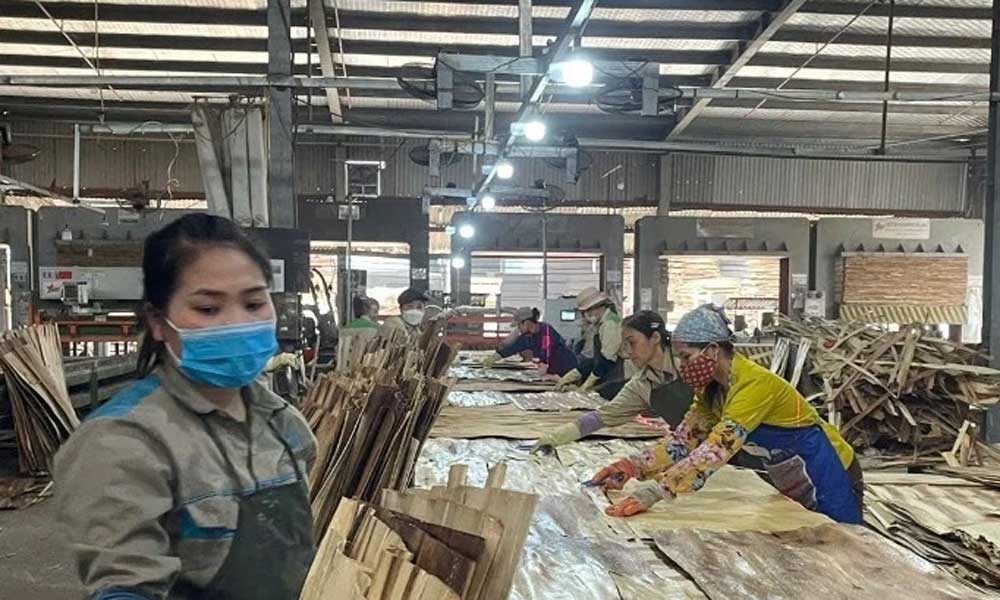
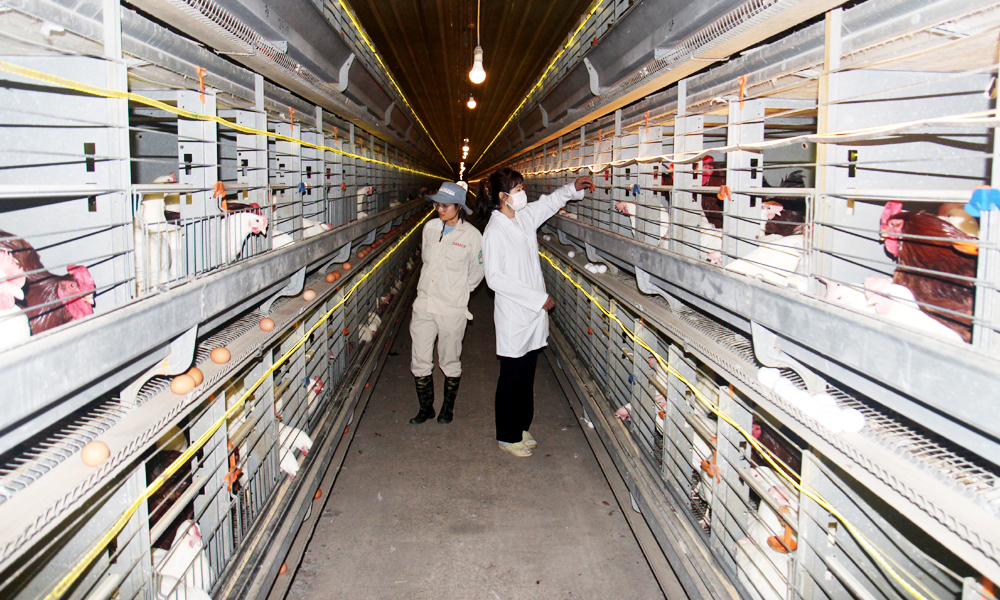


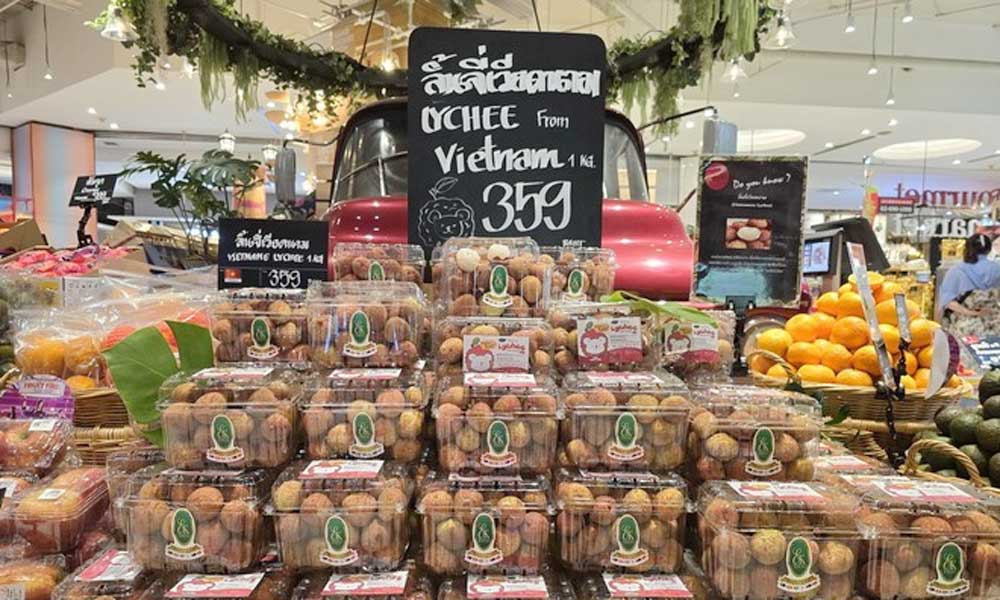
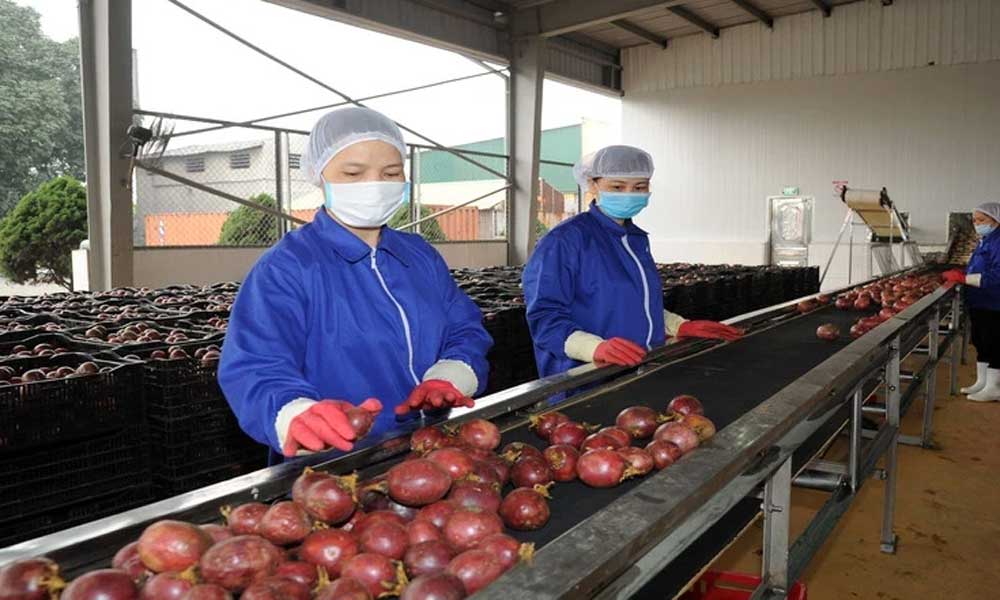



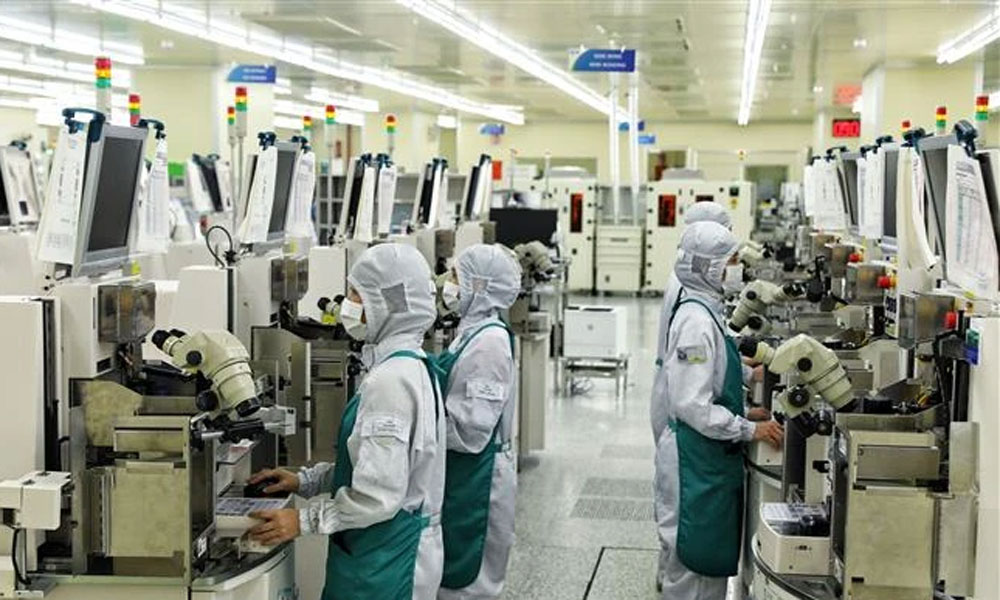


Reader's comments (0)